10 Thai Horror Films Featuring Beautiful Ghosts
From haunting folklore to modern urban horror, here are 10 Thai horror ...
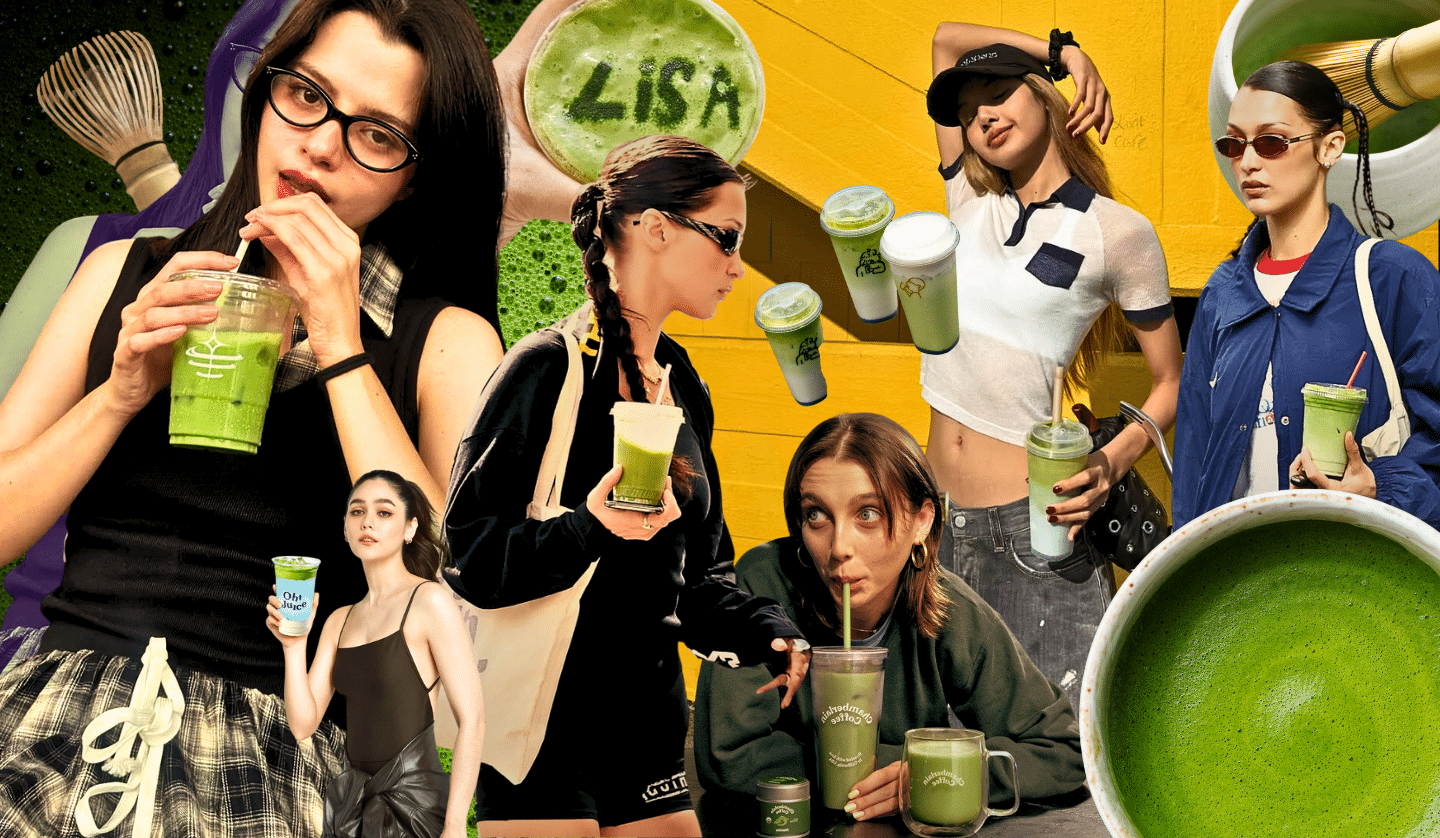

When BLACKPINK’s Lisa casually shared a photo clutching a HEYTEA blue matcha latte, she reminded us of headlines we’d seen about Japan’s overworked tea farmers and cafés rationing their “liquid emerald.” The Lisa effect is in full force as HEYTEA’s UK stores offer buy-one-get-one treats, sending fans into hours-long queues on top of an already sky-high matcha demand.
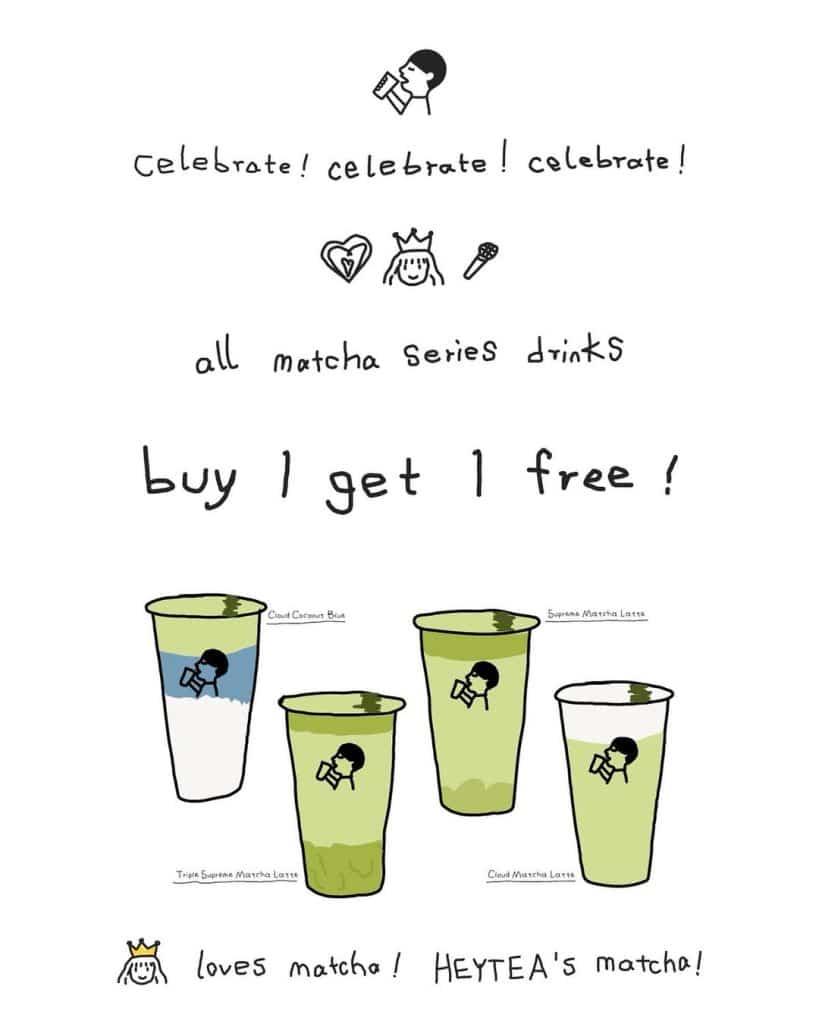
Lisa’s Instagram posts didn’t spark the shortage in any way, but it shows how a single scroll-stopper can ripple through supply chains, a modern instance of our hyperconnected age. This very specific one is when centuries-old farming meets viral culture and celebrity influence.
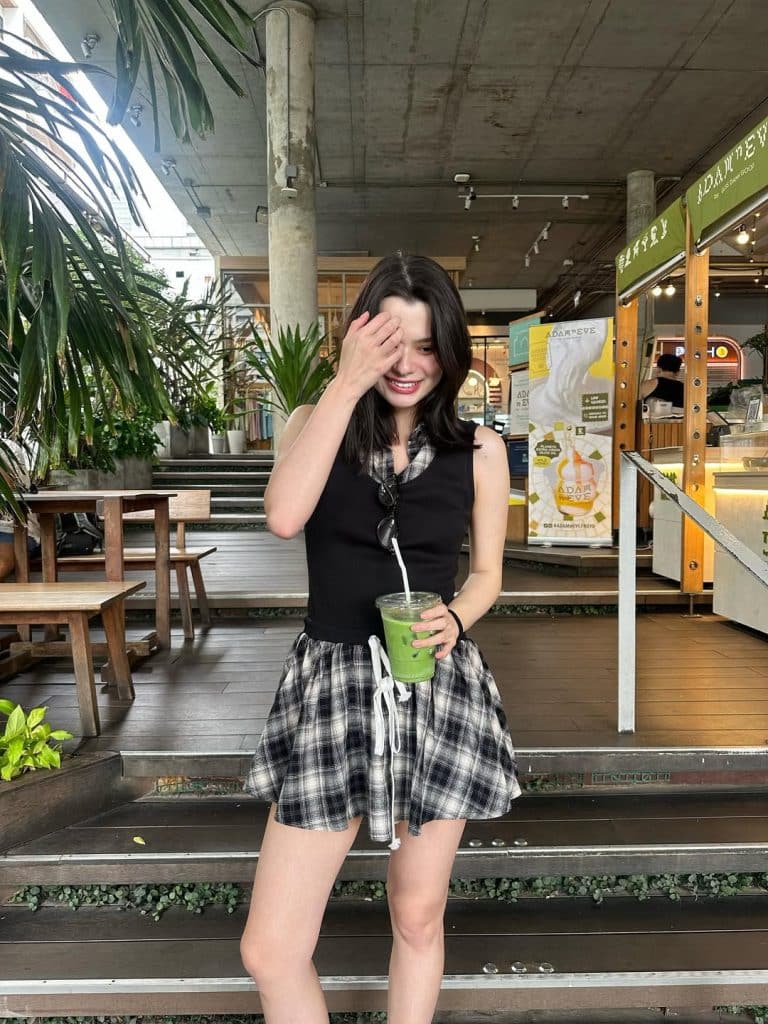
The matcha shortage is indeed real and dramatic. Global demand has gone supernova since autumn 2024. The 2025 harvest in Kyoto Prefecture saw steep production drops, with auction prices reaching unprecedented levels. Japanese producers are now imposing purchase limits due to the significant mismatch between demand and production capacity.
Premium ceremonial grade that once sold for $30 (approximately 1,000 THB) per tin now commands triple digits. Kyoto Prefecture’s 2025 harvest (the sacred heartland of authentic Uji matcha) witnessed a production crater by nearly 30%. Premium ceremonial-grade matcha now commands over $200 (approximately 6,500 THB) per kilogram, with one major retailer reporting their wholesaler imposed a brutal 140% price surge virtually overnight. Industry veterans are drawing parallels to 2020’s toilet paper hysteria, but this shortage carries deeper cultural implications.
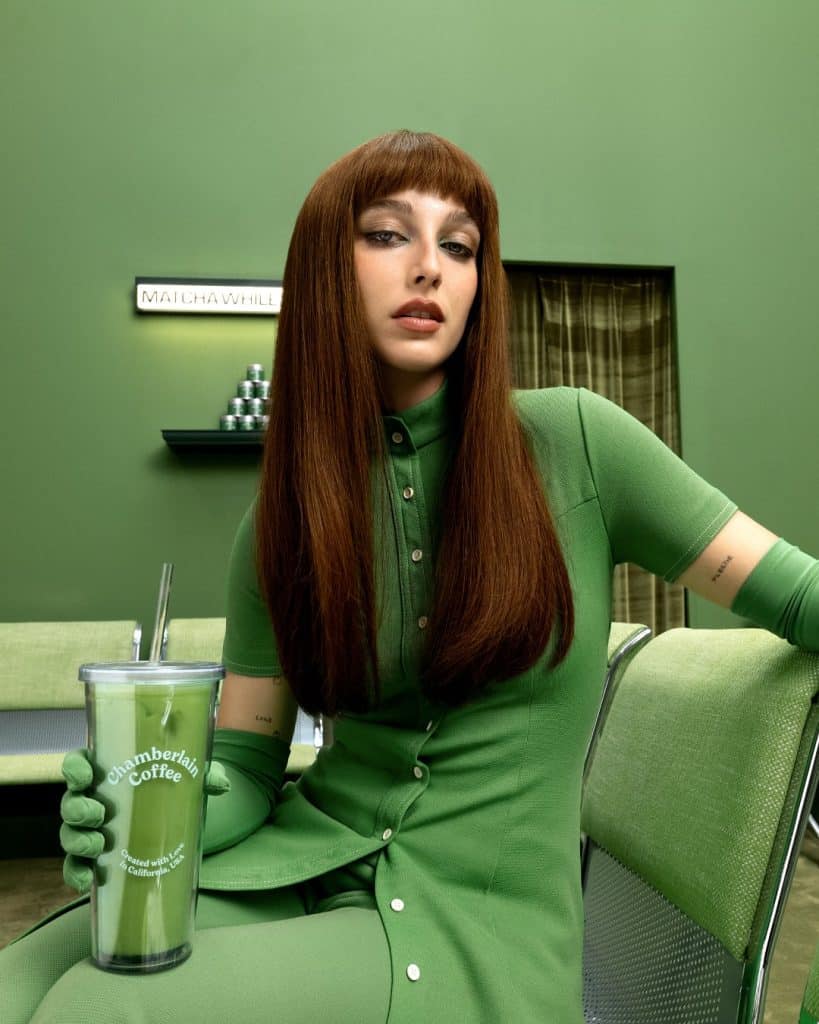
The crisis hits where heatwaves and hype collide. Japan’s scorching summers ravaged shade-loving tea plants, while TikTok-fuelled wellness trends and celebrity matcha moments sent global demand soaring. Viral videos move fast, but tea grows slow.
High-quality matcha has always been pricey, but the current shortage has pushed authentic Japanese varieties beyond most people’s reach, creating a two-tiered market where your matcha choice becomes a visible marker of socioeconomic status.
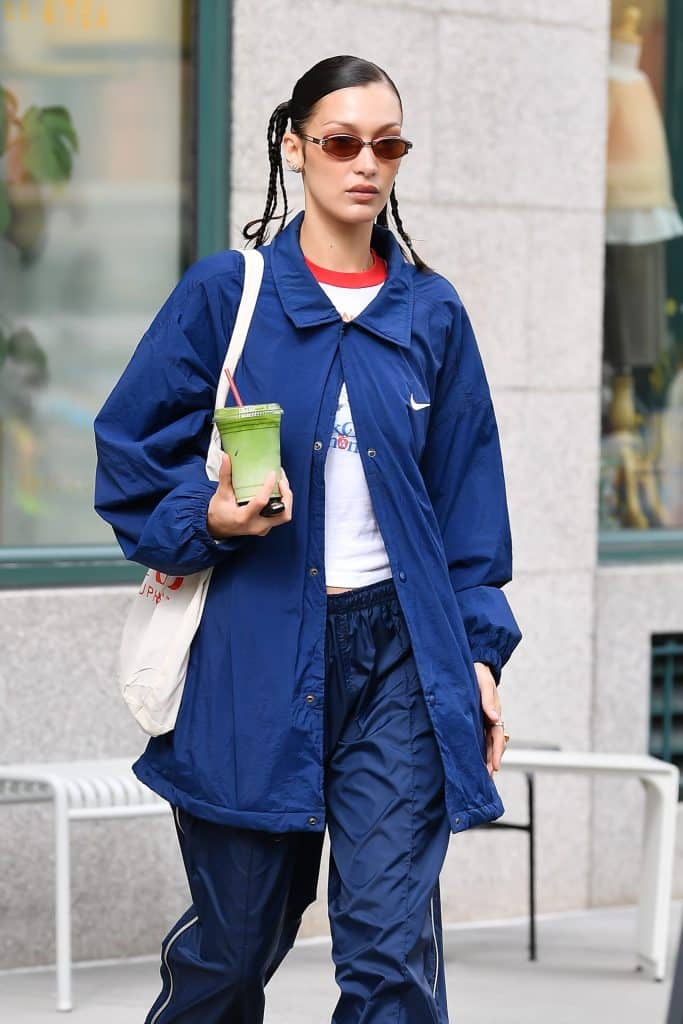
Unlike traditional luxury, matcha is “accessible luxury”: pricey enough to show taste but within reach. Its vivid green hue, minimalist packaging and cultural cachet turn it into social currency, letting Instagram-savvy sippers signal style, wellness and sophistication with every photogenic cup.
Japan’s matcha, honed over eight centuries through stone-grinding mastery and generational know-hows, is now a viral sensation. A craft built on patience, seasonality and ritual precision is colliding with a culture craving instant gratification and year-round access. Once a sacred tea ceremony, matcha now reigns as an Instagram superfood, tracing one of the sharpest tales of cultural commodification in the digital age.
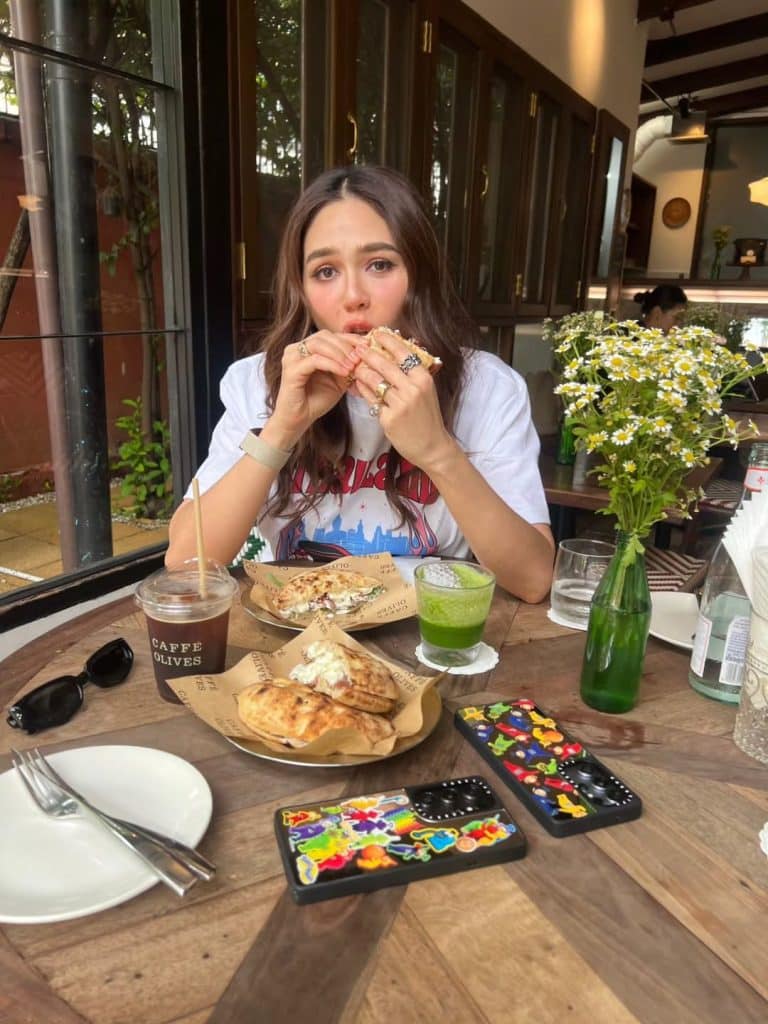
But perhaps this crisis represents an unexpected opportunity for recalibration. As prices soar and availability shrinks, consumers are beginning to distinguish between authentic Japanese matcha and the powdered green tea substitutes that flood Western markets. The shortage forces a reckoning with quality over quantity, heightening appreciation for the craft behind ceremonial-grade matcha.
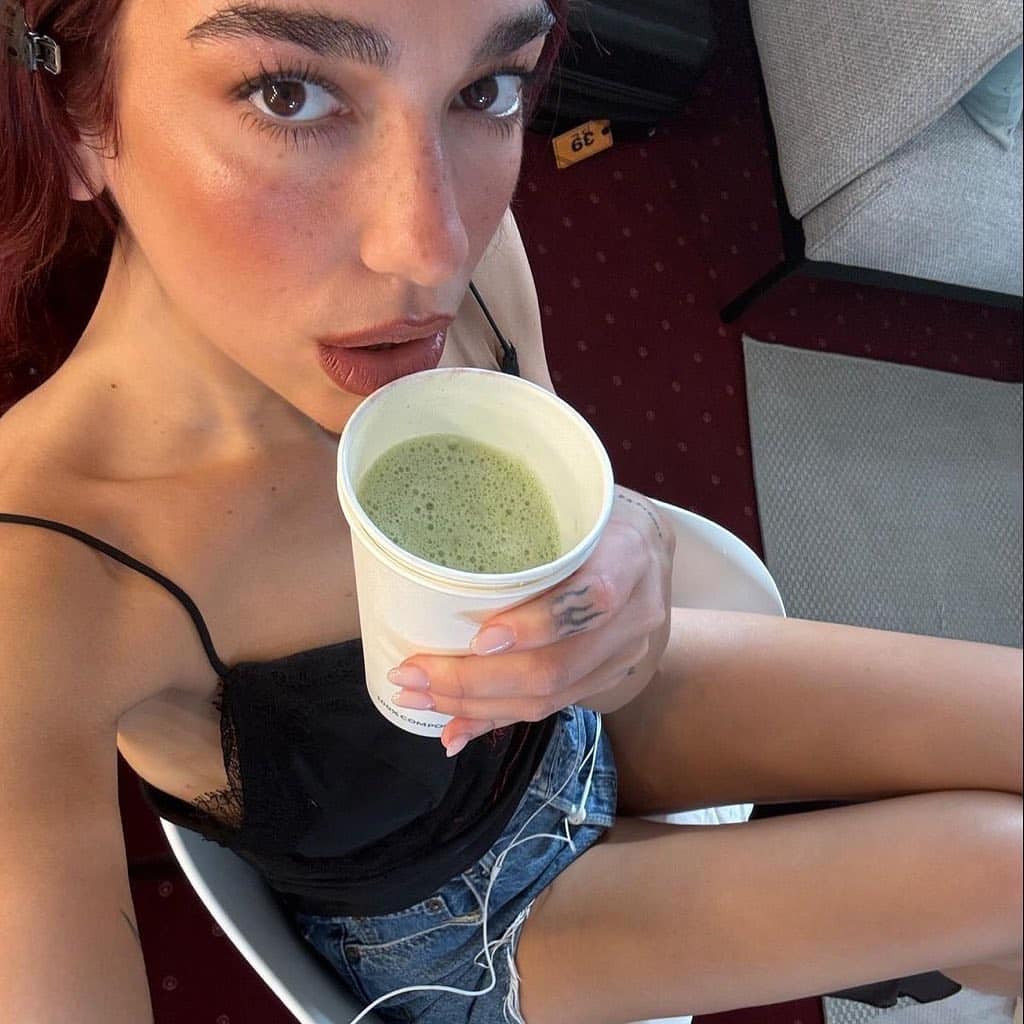
Maybe supply limits will finally stall the runaway commodification of Japanese tradition, opening room to teach matcha’s ceremonial depth beyond Instagram. Scarcity meets sacredness, and we might remember true value lies not in virality, but in cultural richness and artisanal craft.
This matcha shortage shows how digital cravings devour and reshape ancient rituals. The last lesson might be that viral culture can lift tradition even as it twists it.
From haunting folklore to modern urban horror, here are 10 Thai horror ...
In Emerald Fennell’s adaptation of Wuthering Heights, colour is not decorative. It ...
Inside River City Bangkok, a thousand worlds emerge through art, antiques, architecture, ...
Discover how Dr Chaweewan Hutacharern leads FEED Thailand in turning forests and ...
Wandering around the globe, try out the signature tastes of cultures across ...
These top 5 barber shops in Bangkok are where gentlemen can elevate ...
Wee use cookies to deliver your best experience on our website. By using our website, you consent to our cookies in accordance with our cookies policy and privacy policy